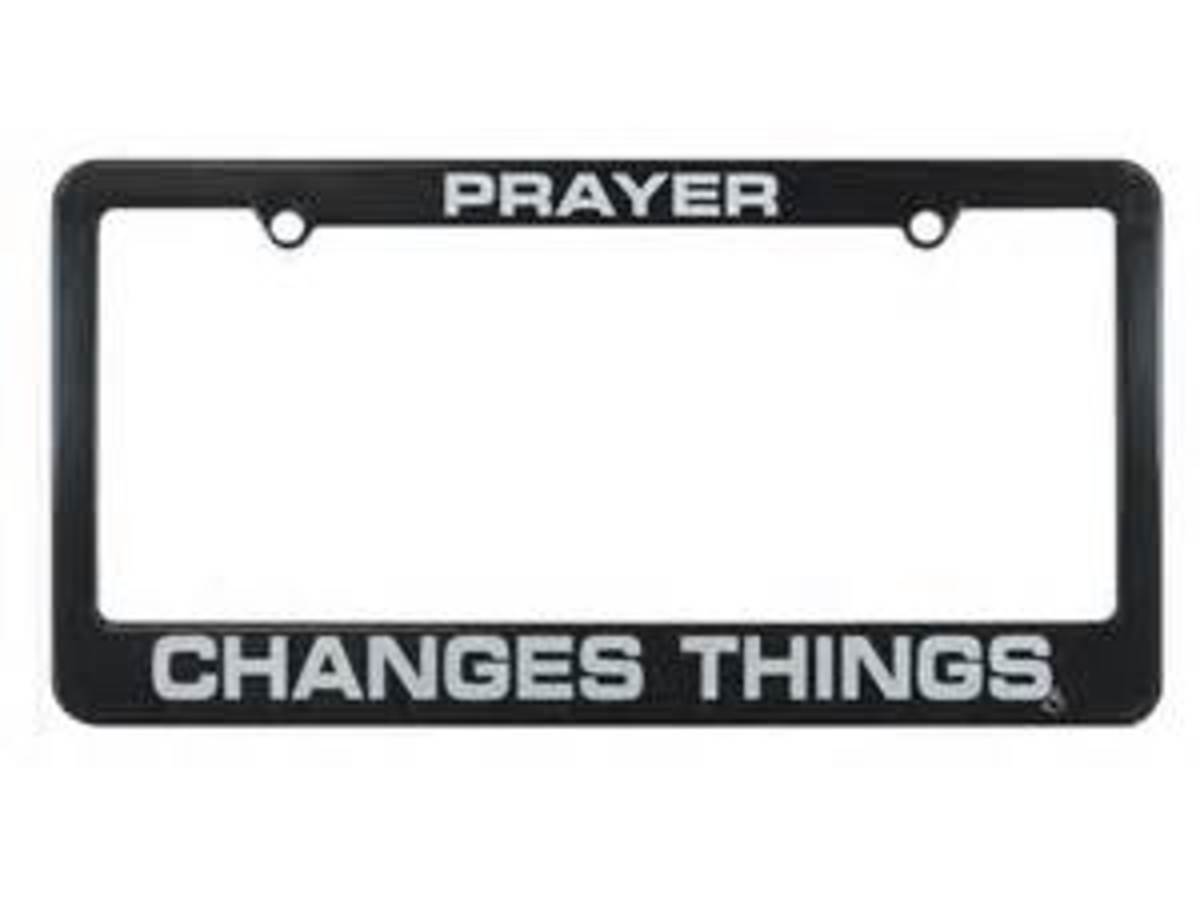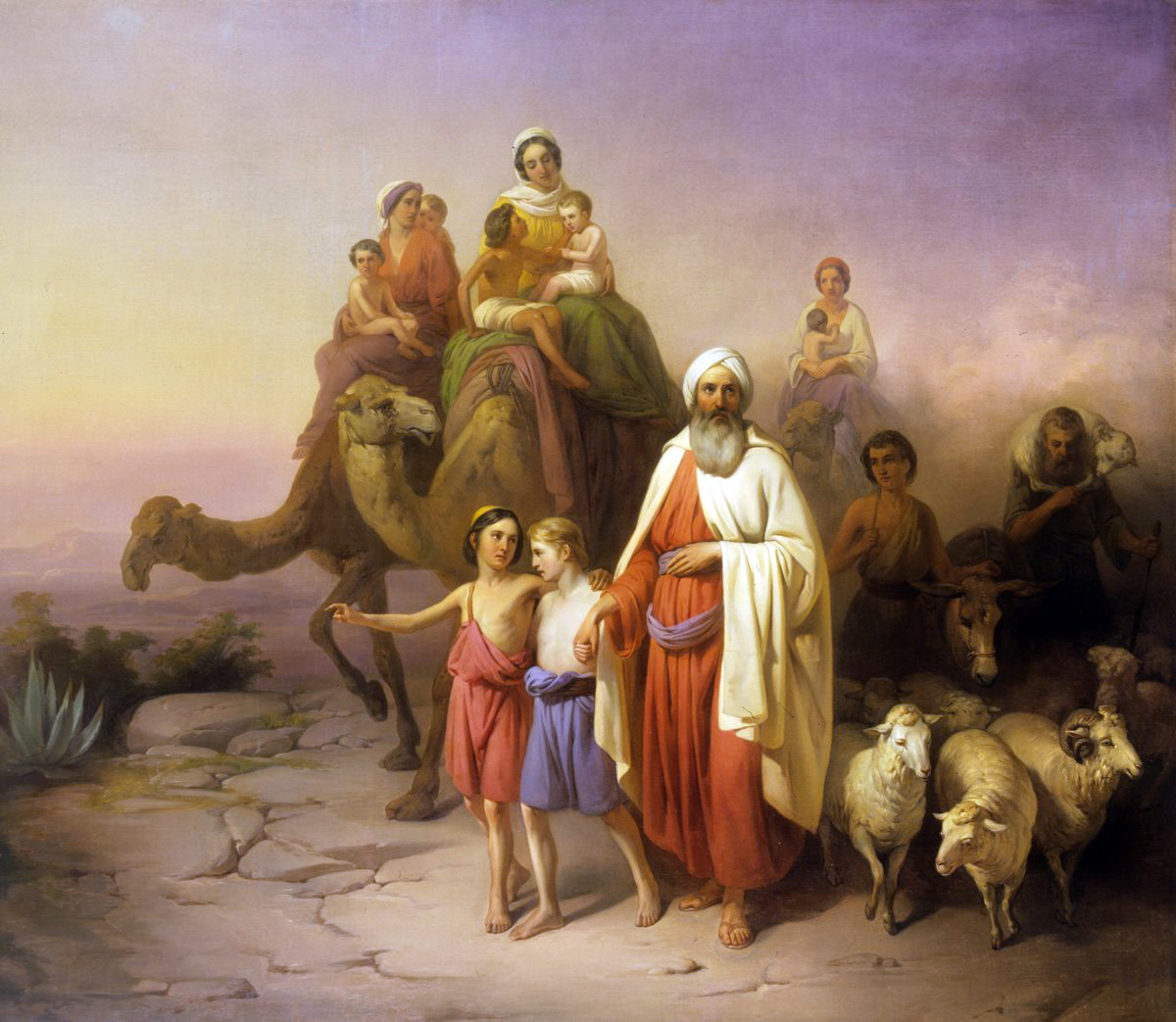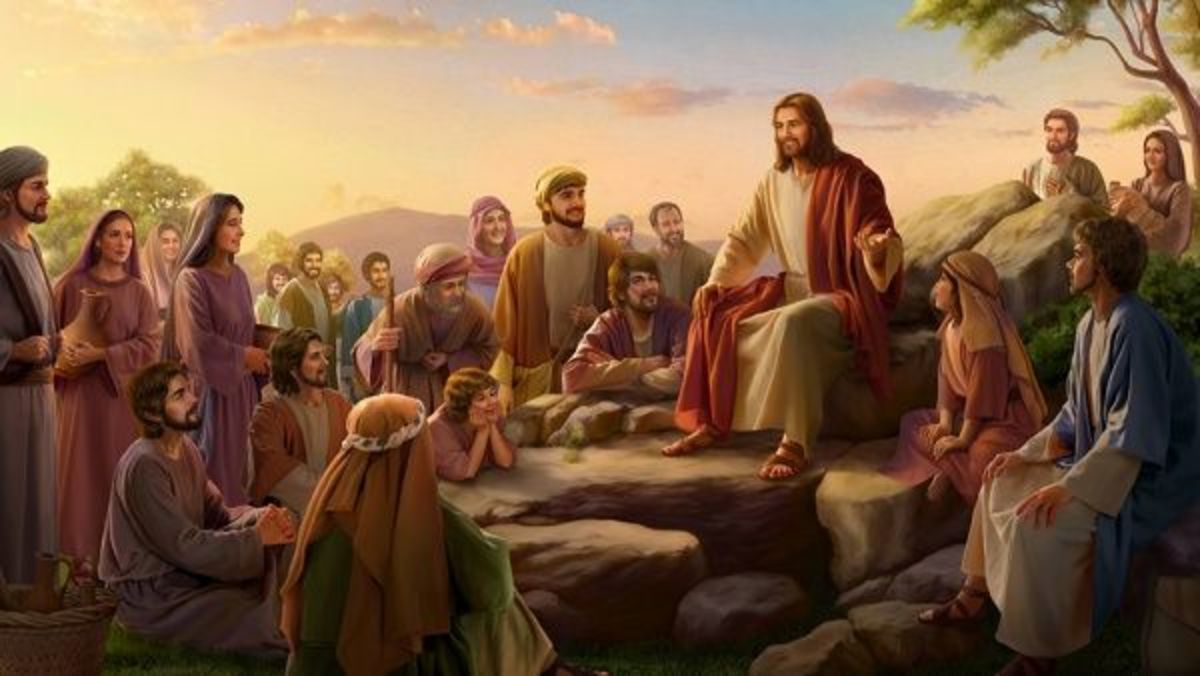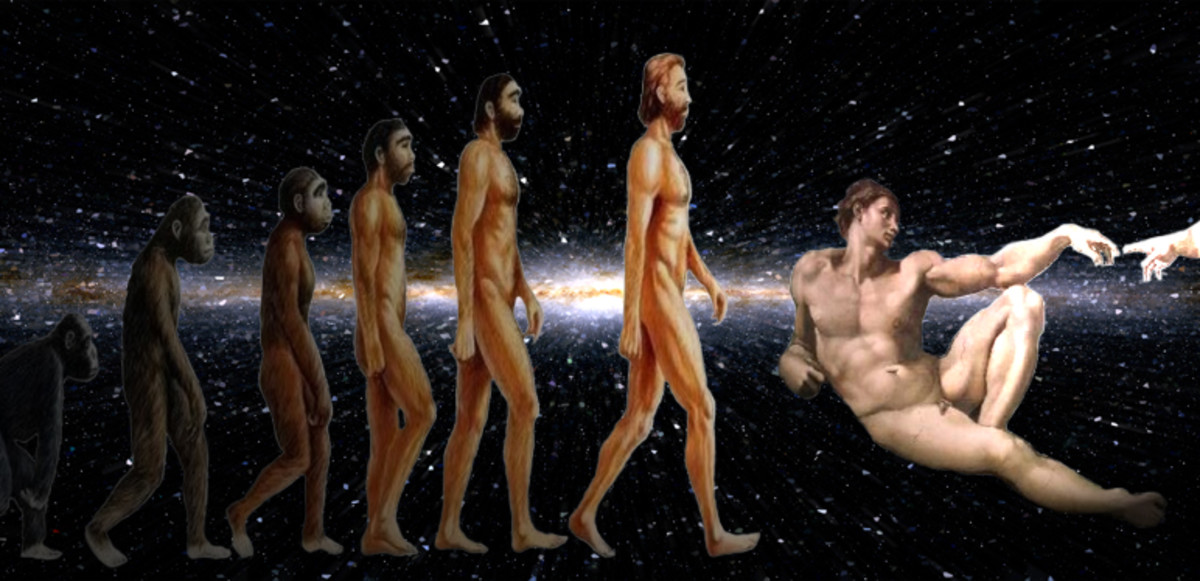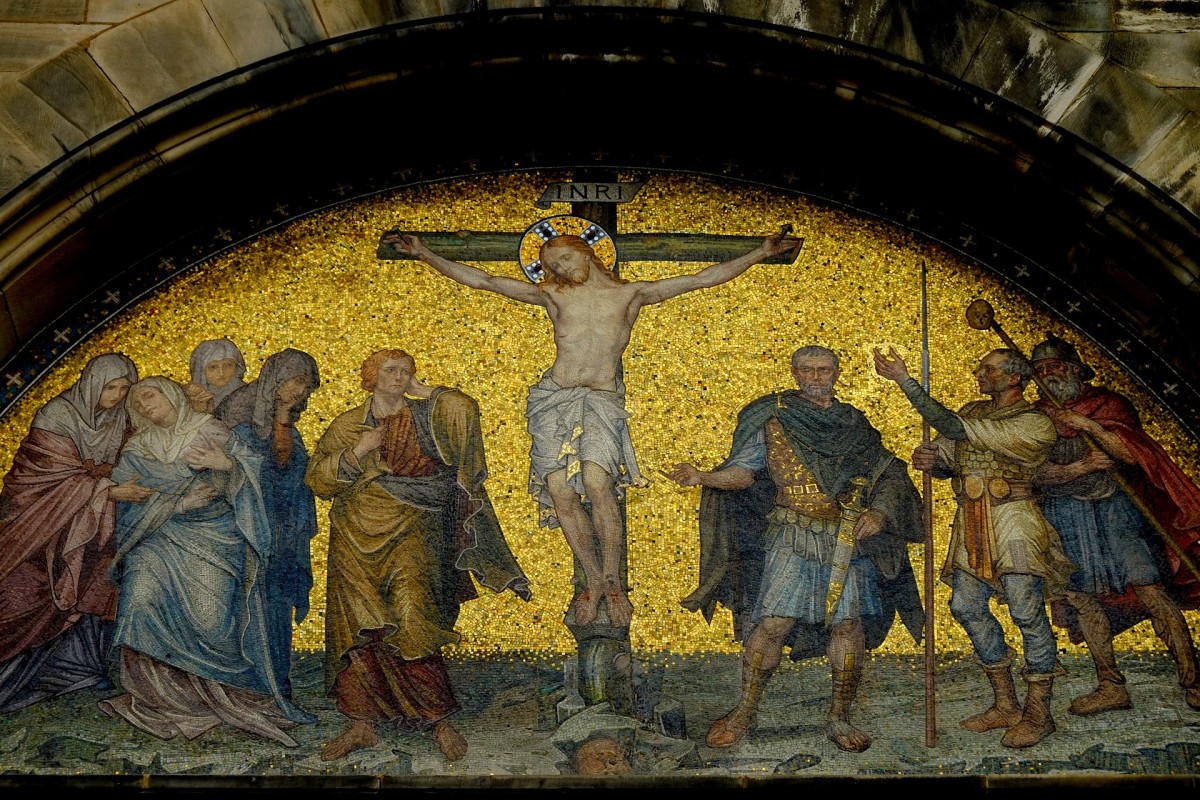Bible: What Does Ezekiel 18-19 Teach Us About Repentance and Righteousness?
The Term "Soul"
view quiz statistics"The Soul Who Sins Shall Die"
First, it is important to recognize that this chapter does not discuss spiritual deliverance.
If it did, a righteous man who turns from his righteousness would lose his salvation (v. 24).
The historical context simply concerns physical survival of the Babylonian invasion as well as the refutation of a false proverb being circulated in Israel regarding the meting out of God's justice; namely, that the innocent are punished for the sins of the guilty (v. 2).
Each individual will receive exactly what his deeds demand. In other words, if he does righteousness, he will survive.
However, if he commits unrighteous deeds, he will die by sword, famine, and pestilence.
Yahweh completely rejects Israel's use of the above proverb (v. 3).
[The word "soul," as the prophet employs it here, must have the connotation of "aliveness" or "living person" (See Dyrness, Themes in Old Testament Theology for more precision in language).
If man's eternal relationship with God were in view here, the verse would contradict the doctrine of the perseverance of the saints].
God claims absolute ownership of all "souls," thereby announcing His right to set the moral criteria for their existence (v. 4).
A Life Principle
view quiz statisticsTwo Spiritual Conditions/Two Types of Behavior
Notice mankind's two spiritual conditions (just and wicked) and his behavior in them (right and wrong):
(1) a just man who does right (vv. 5-9);
(2) a just man's son who does wrong (vv. 10-13);
(3) a wicked man's son who does right (vv. 14-17);
(4) a wicked man who does wrong (v. 18);
(5) a wicked man who does right (vv. 21-22, 27-28);
(6) a righteous man who does wrong (vv. 24,26).
He also lists evil acts that the just man does not commit.
Note that the acts revolve around the following:
(1) Intimate relationships: God desires that he keep himself pure spiritually and morally (sexually) [v. 6];
(2) A series of deeds combining "do not's and do's" and involving social and financial justice (vv. 7-8); and
(3) One deed expressly good that concerns his response to God's law (v. 9).
Yahweh declares that this man will survive, but one born of him will not live if he commits "any of these abominations" (vv. 10-13).
This instruction reveals at least two apparent truths:
(1) the child cannot and does not derive any grace from his parents' righteousness; and
(2) an individual's righteousness will prevent him from falling irremediably into a life of sin.
Even though the text does not show this change, verse fourteen switches from a righteous man's son who does wrong to a wicked man's son who does right.
Again, after introducing the particular category and behavior of another case study, Yahweh names almost the same list of acts as earlier (vv. 15-17; cf. vv. 10-13).
The son will live (v. 17); the father who oppressed, robbed, and did evil, however, will die (v. 18).
In answer to the objection that asks why the son should not die, God says, "Because he did well" (v. 19).
He then repeats the oft-used dictum-- "The soul who sins shall die" (v. 20a),-- and then emphasizes the principle of sowing and reaping (v. 20b), though not in those terms.
"Turn and Live"

"Turn and Live"
Then in a slight change God considers a different angle.
What if a man's behavior reverses?
How, then, will Yahweh deal with him?
First, He discusses the case of the wicked man repenting (vv. 21-22).
What is His answer?
This one will survive the ordeal of the captivity.
God's rhetorical question in verse 23 shows His grace and His willingness to save.
Second, Yahweh examines the case of the righteous man “gone bad.”
Not only will he not survive the trial of invasion, but all his “righteousnesses” will not receive a reward ("not be remembered") [v. 24].
Israel, after hearing this judgment, accuses God of unfairness; the LORD, however, turns the tables and calls Israel's ways unfair (v. 25).
In a framing device of sorts, God concludes this short section in verse 29 with the same ideas as in verse 25.
In between (vv. 26-28) He merely states the same ideas He did earlier: one individual dies because of sin, and another lives because of righteousness.
Concluding His thoughts on this subject, Yahweh tells Israel that, since He will judge individuals based on their ways, they ought first to repent in order to avoid destruction (v. 30), and then be renewed in heart in order to avoid death (v. 31).
The LORD plainly asserts that He "gets no kicks" from the death of His people; He, therefore, concludes with the command, "Turn and live!" (v. 32)
The Lioness

The Lioness
Ezekiel 19
Verses 1, 14 inform the reader that this poetic chapter is a lamentation.
As is often the case, Hebrew poetry contains highly figurative language.
By employing the lion metaphor (vv. 2-9) and the vine simile (vv. 10-14) to describe the character of Israel and his mother, the prophet takes up a lamentation for the princes of Israel (v. 1).
He compares Israel's mother to a lioness who trained her cub to be war-like ("he devoured men," v. 3).
This attribute eventually led to his forcible "capture" at the hands of a mightier nation, Egypt (v. 4).
[May Ezekiel be giving a brief history lesson here?]
Verses 5 and following extend the metaphor into a second "cub's" conquest of Canaan.
Verse 7 especially alludes to Israel's wars in the land.
Again, stronger foes, culminating in Babylon, appear on the world scene to subdue the young lion (Jehoiachin) and bring him into captivity (vv. 8-9).
The Vine

The Vine
Then the prophet changes the figure from lioness to vine (vv. 10-14).
He pictures Israel's "mother" as fruitful, strong, and tall (vv. 10-11).
Sadly, the vine falls victim to cruel enemies; Ezekiel describes them as angry hands, the east wind, and fire (v. 12).
Someone wrenches her from the nourishing soil and throws her to the ground where the wind dries her fruit and withers her branches.
Then fire consumes her root in the "dry and thirsty land" of the wilderness (vv. 13-14).
“Having no strong branch” signifies that Israel had no one strong enough to rule her in righteousness.
© 2014 glynch1


